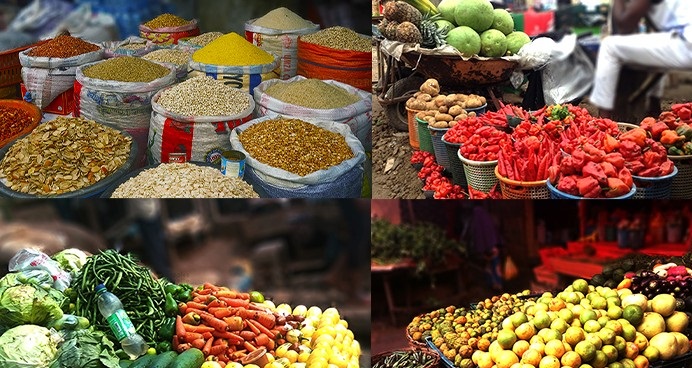Nigeria’s headline inflation rate increased to 34.60% in November 2024, up from 33.88% in October, according to the latest report from the National Bureau of Statistics (NBS) released on Monday.
This marks a 0.72% rise in the rate, based on the Consumer Price Index (CPI), which tracks the change in prices of goods and services.
On a year-on-year basis, November’s inflation rate was 6.40 percentage points higher than the 28.20% recorded in November 2023, highlighting a significant acceleration in price increases over the past year.
Food inflation, in particular, reached 39.93% in November 2024, marking a 7.08% year-on-year increase from 32.84% in November 2023. On a month-on-month basis, food inflation rose by 2.98%, slightly up from October’s 2.94%.
The surge in food prices is largely driven by rising costs of staple items such as mudfish, catfish, dried fish, rice, yam flour, millet, corn flour, eggs, powdered milk, fresh milk, dried beef, goat meat, frozen chicken, and other essential food products. This surge in both food and commodity inflation has exacerbated Nigeria’s ongoing cost-of-living crisis, which many consider the worst the country has faced in over six decades.
International financial institutions, including the World Bank and the International Monetary Fund (IMF), have attributed Nigeria’s severe inflationary pressures to the delayed implementation of key economic reforms. These include the removal of energy subsidies and the floating of the naira.
In May 2023, President Bola Tinubu removed the fuel subsidy and allowed the naira to float. The immediate impact was a sharp increase in petrol prices, which more than quadrupled from under N200 per litre to over N1,100 in many parts of the country. Additionally, the naira’s value plummeted, falling from around N700 to N1,600 per US dollar.


